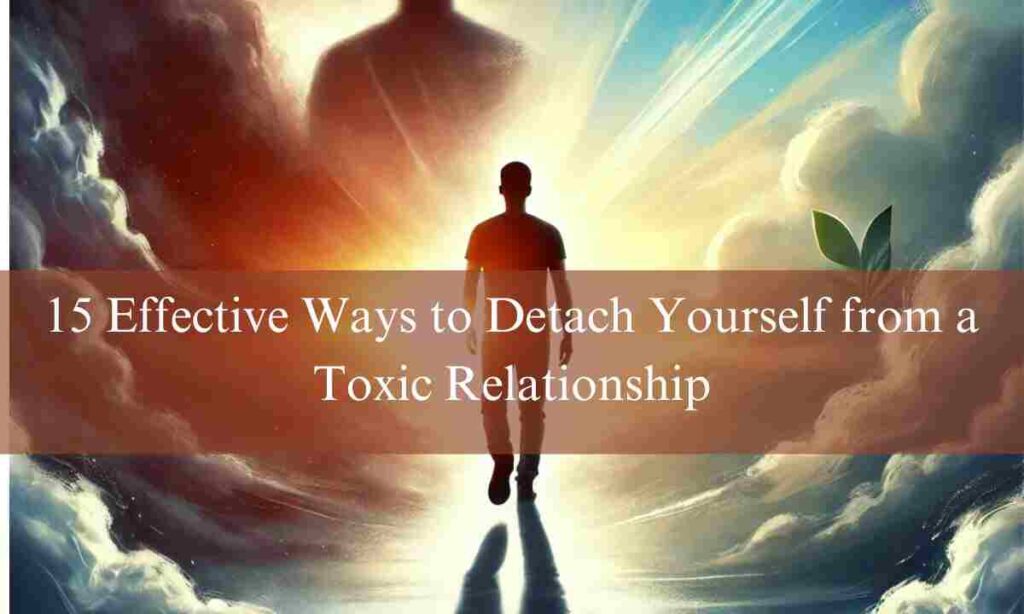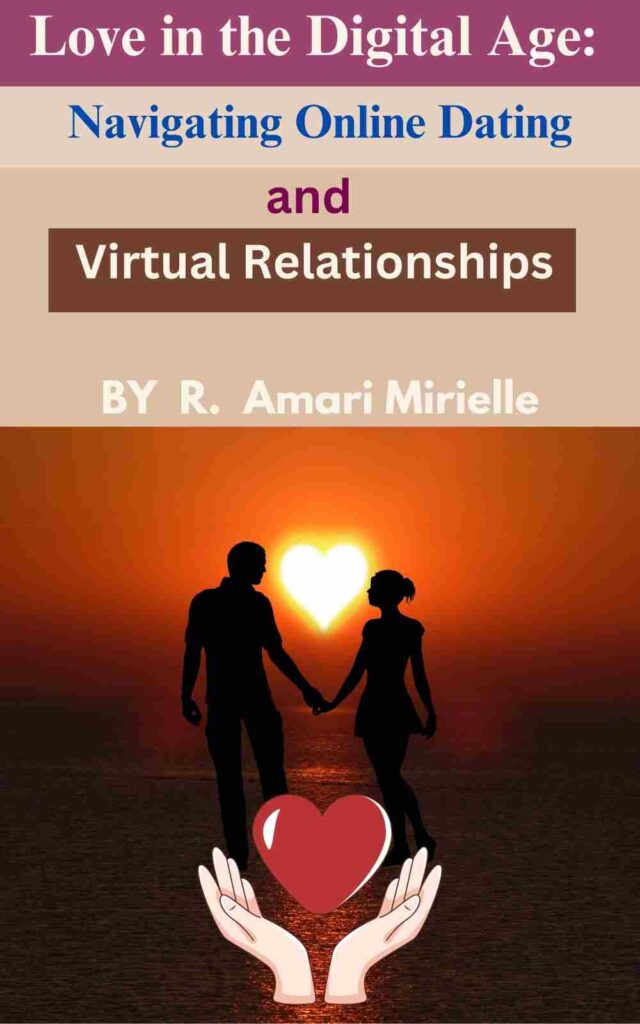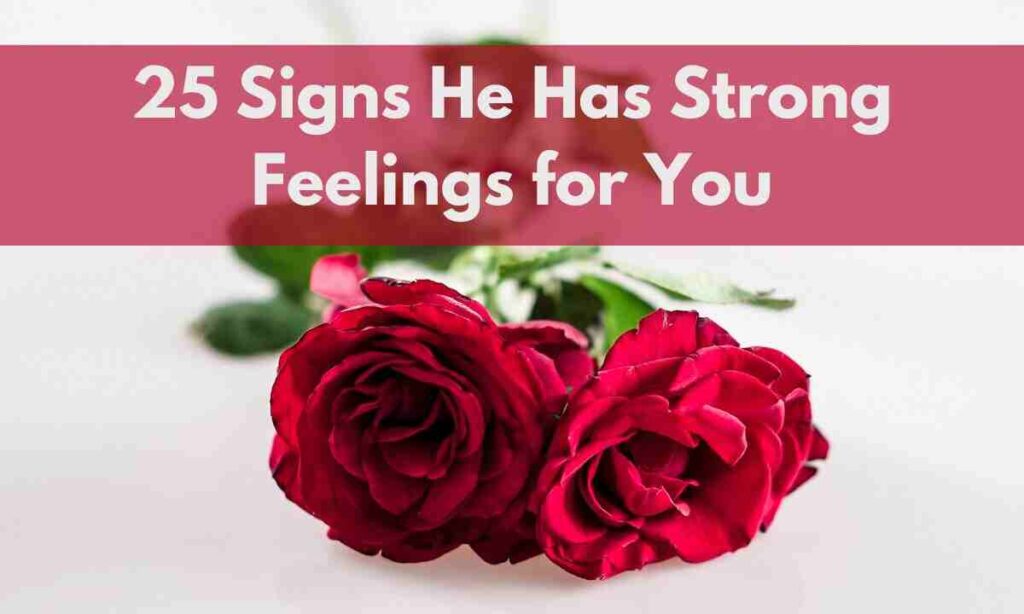
A toxic relationship can have a significant negative impact on your emotional, mental, and physical well-being. Detaching yourself from such a relationship can be challenging, especially if you’ve invested a lot of time and energy into it. However, walking away from toxicity is essential for self-preservation and personal growth. Below are 15 strategies that can help you detach from a toxic relationship and to begin the healing process.
1. Acknowledge the Toxicity
The first step to detachment is recognizing and accepting that the relationship is toxic. Denial often keeps people stuck. Reflect on the behavior patterns and ask yourself if they are harmful or toxic to you.
2. Set Clear Boundaries
Establish firm emotional and physical boundaries. This means limiting interactions, avoiding triggers, and refusing to engage in unhealthy communication patterns that may drag you back into the toxicity.
3. Stop Trying to Fix Them
In toxic relationships, it’s common to believe you can change the other person. Understand that you can’t control or fix someone else’s behavior. Focus on yourself and what you can change—your reactions and decisions.
4. Seek Support from Friends and Family
Reach out to your trusted circle of friends or family members. They can provide emotional support, advice, and a safe space to express your feelings without judgment.
5. Prioritize Self-Care
Detaching emotionally requires focusing on your own well-being. Engage in activities that bring you joy, help you relax, and nurture your body and mind—whether it’s exercise, reading, meditation, or spending time with your loved ones.
6. Limit Communication
If you’re trying to leave or detach from a toxic relationship, it’s important to reduce or completely cut off communication with the person. This helps you regain emotional independence and prevents further manipulation.
7. Don’t Expect Closure
Not all relationships end with a neat conclusion. Accepting that you may never get the closure you desire can help you move on. Let go of the need for a final conversation or explanation.
8. Seek Professional Help
Therapy or counseling can be incredibly beneficial when detaching from a toxic relationship. A therapist can help you process your emotions, guide you through difficult decisions, and offer coping strategies for healing.
9. Reflect on What You’ve Learned
Use this experience as an opportunity to reflect on what you’ve learned about yourself and your boundaries. This can empower you to avoid similar toxic patterns in future relationships.
10. Detach from the Idealized Version of the Relationship
It’s common to hold on to the “good times” or an idealized version of the relationship. Let go of these memories and focus on the reality of the relationship, which may have caused you harm.
11. Focus on Your Personal Goals
Rediscover your passions, goals, and dreams that may have been neglected while you were in the toxic relationship. Channel your energy into your personal growth and development.
12. Practice Mindfulness and Grounding Techniques
Mindfulness can help you stay present and detach from the emotional triggers caused by the toxic relationship. Practice deep breathing, meditation, and grounding techniques to center yourself.
13. Forgive Yourself for Staying
Don’t beat yourself up for staying in the relationship longer than you think you should have. It’s important to recognize that leaving a toxic relationship takes time, and self-compassion is a key part of healing.
14. Visualize a Healthier Future
Imagine a future where you are free from toxicity and surrounded by positivity. Visualizing your life without the emotional burden of the toxic relationship can help motivate you to detach and move forward.
15. Commit to No-Contact (or Low-Contact in Certain Cases)
In many cases, the most effective way to detach is to cut off all communication. If complete no-contact is not possible due to shared responsibilities, like children, maintain a low-contact approach strictly for necessary communication, with clear boundaries in place.
Conclusion
Detaching from a toxic relationship is a difficult but necessary step towards reclaiming your emotional health and well-being. By prioritizing your mental health, setting boundaries, seeking support, and focusing on your personal goals, you can break free from the cycle of toxicity and move forward to a healthier and happier future.
RELATED ARTICLES:








